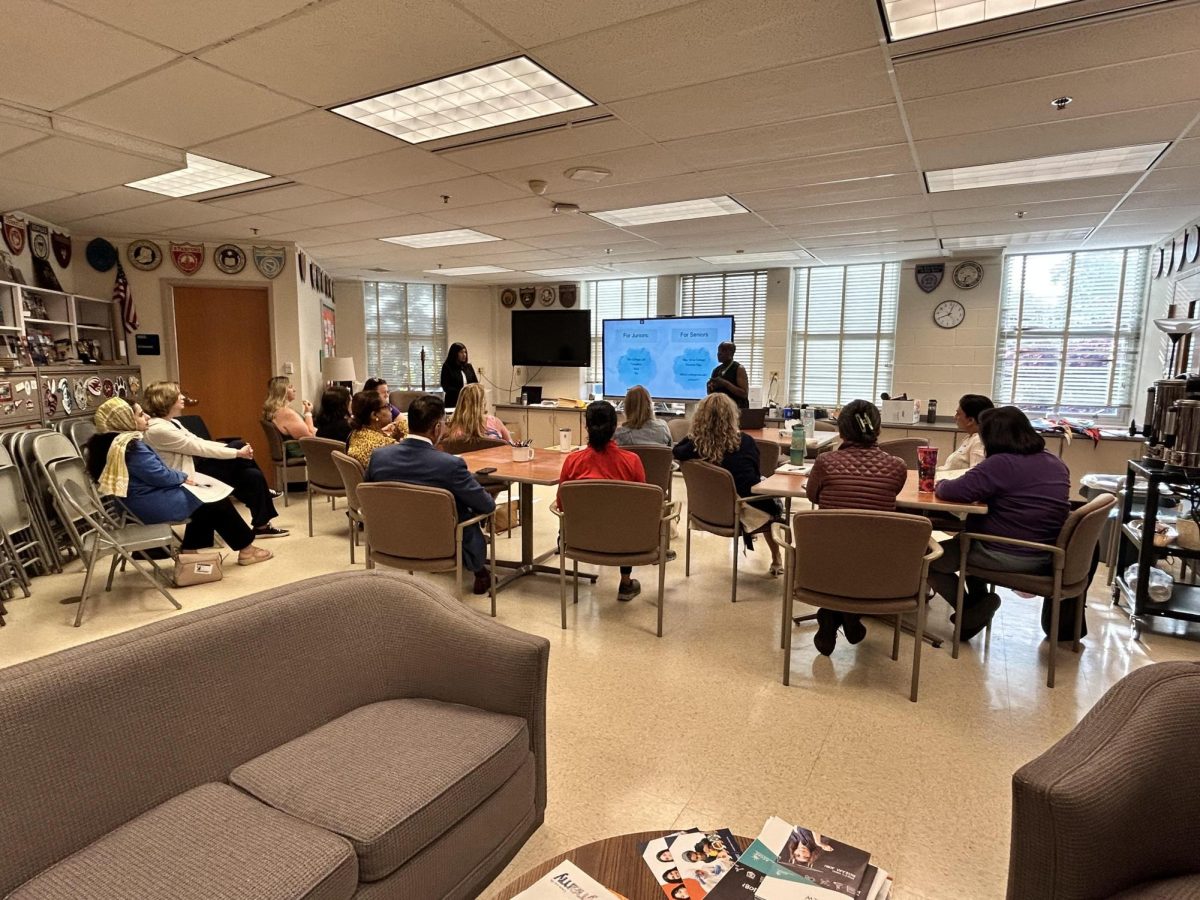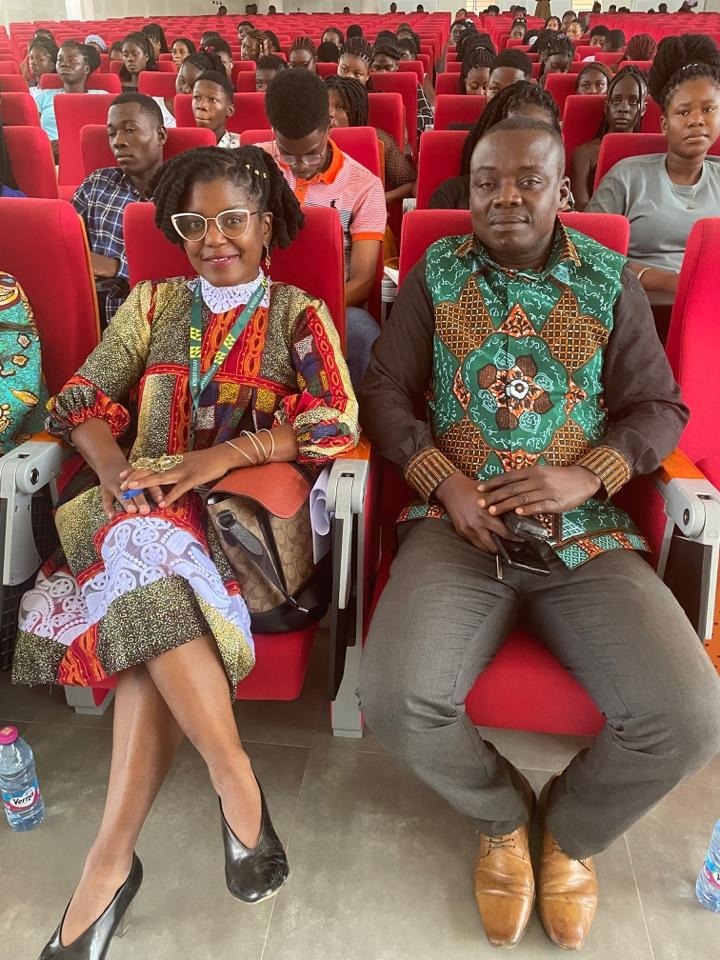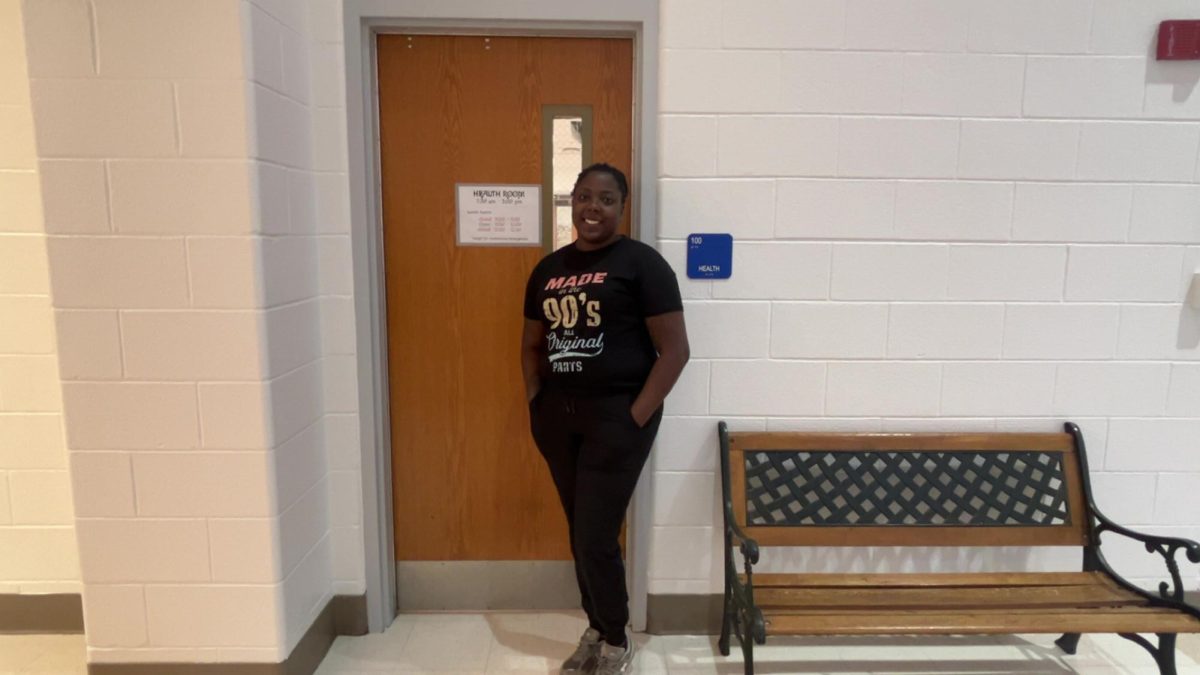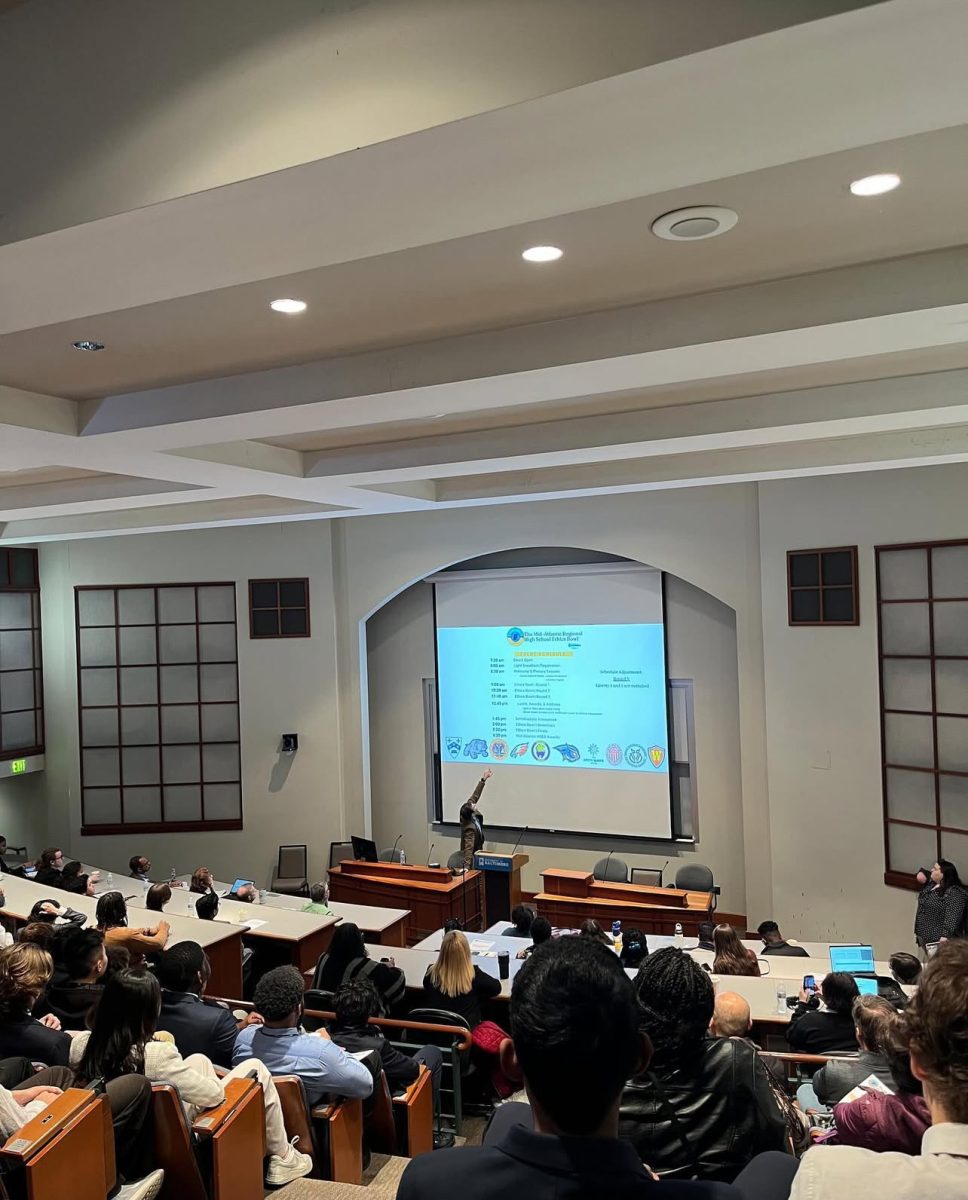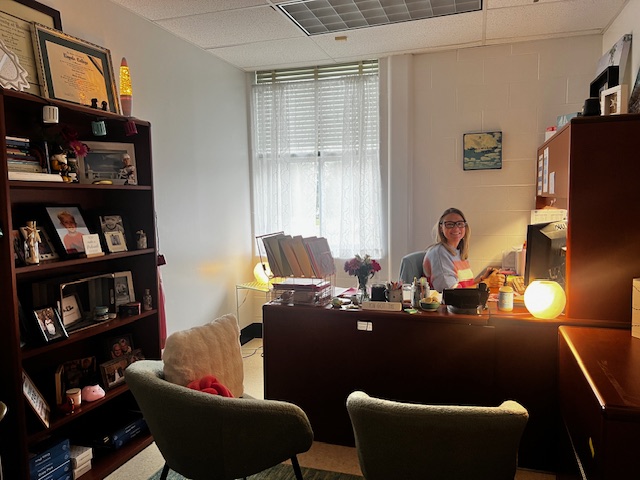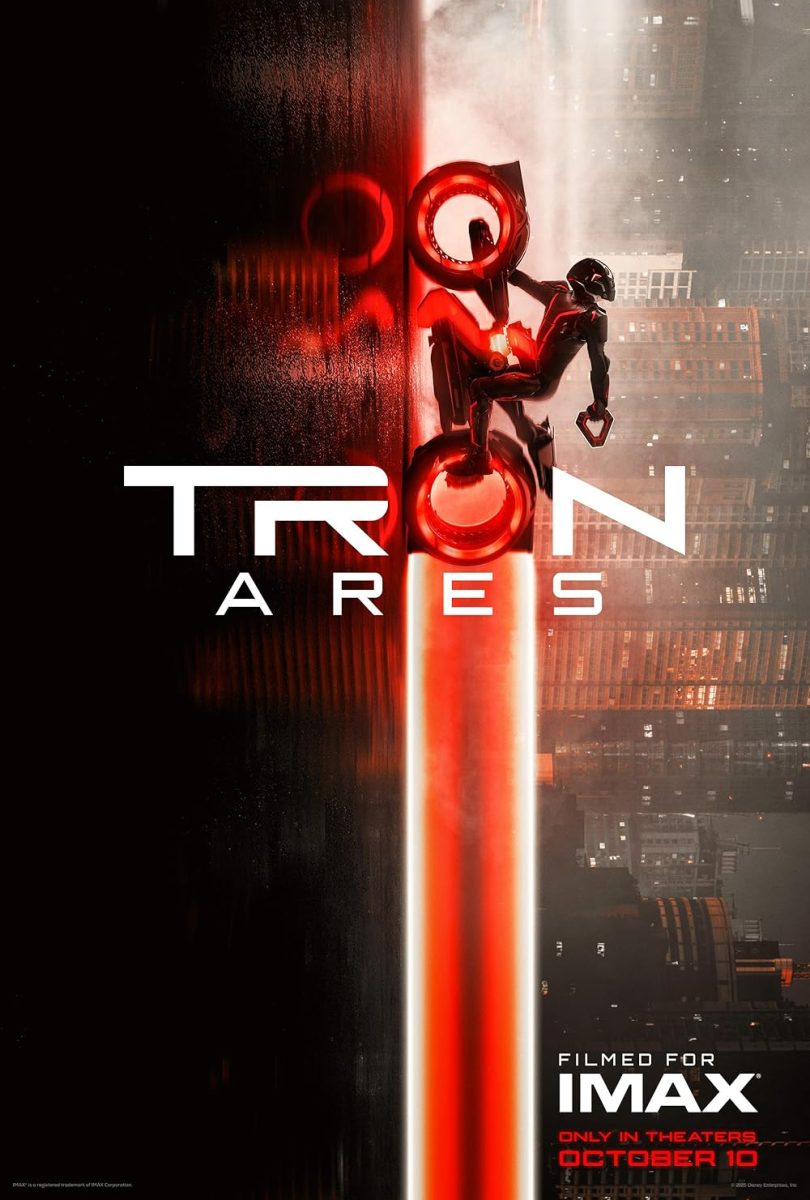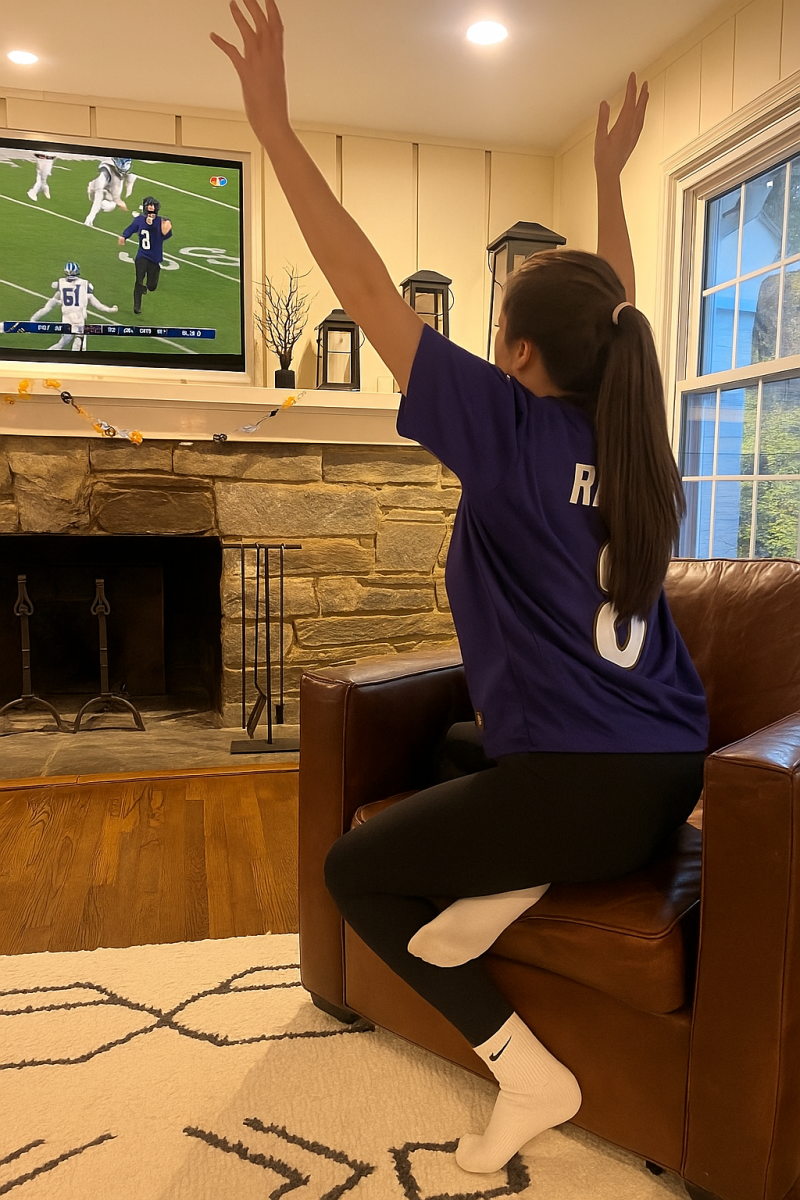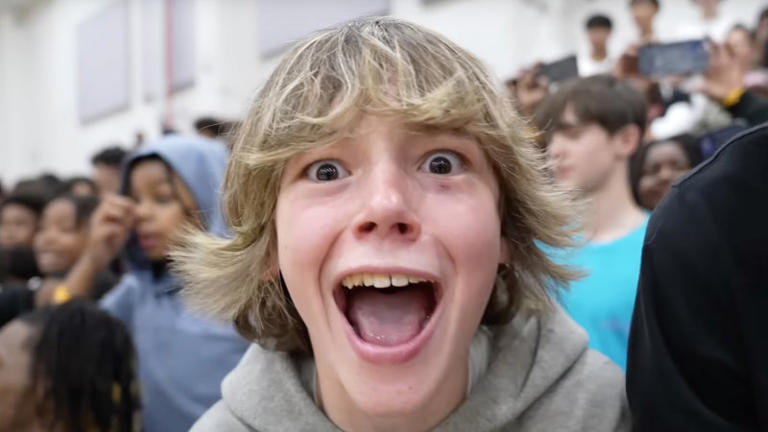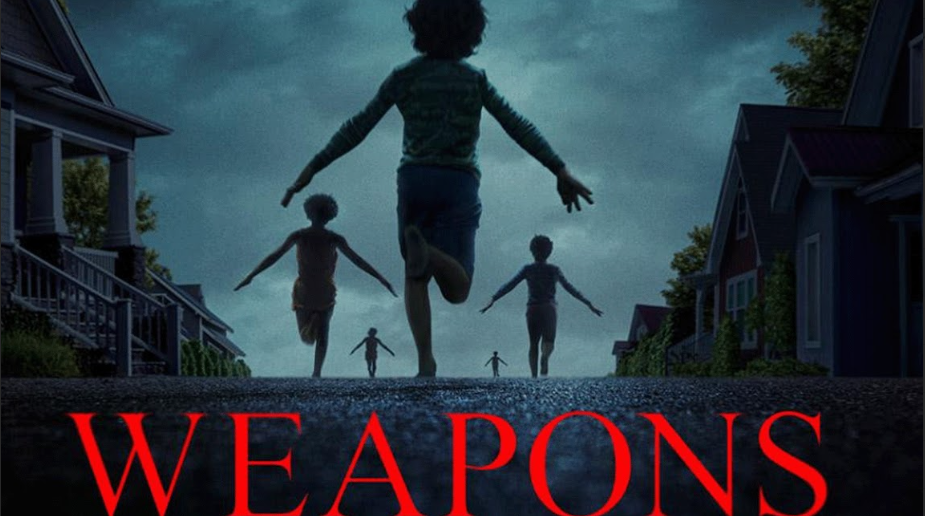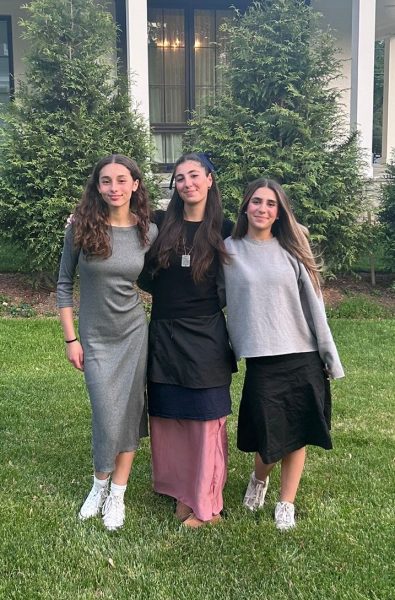As school policies are constantly amended and implemented, student opinions intensify. For WCHS Principal John Taylor, hearing how these policies have affected students, parents and staff is important; however, a formal way to hear these concerns was needed. Taylor’s solution is a once-a-month meeting with different groups where they can bring up any topic of concern. Coffee and cookies are served at each meeting, giving the meetings the official name “Coffee and Conversations.”
“At the high school level, one of the things I found is that I feel less connected to parents and students,” Taylor said. “I was trying to come up with an idea to have more frequent conversations and a feedback process with parents, staff and students. One not too informal, where I am standing at a football game, and a parent comes up to me and asks a question, but an opportunity that gives people a chance to bring up the hot topics I know are of concern. The meetings have provided me with a lot of information.”
Honors and AP Chemistry teacher Jodi Boppana has attended a few of these meetings, bringing up concerns about students walking in the hallways during class time and using personal computers when they are not supposed to. Boppana appreciates that these meetings even exist in the first place, as she had been searching for a way to voice her concerns and feel heard.
“First of all, our school principal making his time to talk to the staff about their concerns multiple times is commendable because not many times do you see that in other schools,” Boppana said. “I have been here at Churchill for 20-plus years, and I have not seen that one-on-one with staff. Making time shows concern about improving school conditions and getting both sides.”
One thing that has surprised Taylor is how many teachers attend the meetings to ask questions or give feedback. Since Taylor already has staff meetings where he tells teachers important information, he lets them drive the conversations in the “Coffee and Conversation” meetings, so they can bring issues to the table. When revising policies based on advice, the biggest challenge for Taylor is figuring out how to come to an agreement where both students and administration are happy with the outcome, but the policy will still be doing what it needs to do.
“Mr. Taylor is open to hearing anything the staff has to say, I do not think staff hesitate to share,” Boppana said. “Because it just started, and this is the second time I attended, implementing policies will take some time. He is open, one thing I talked about is bringing back hall sweeps during the day. Anytime after the 2nd through the 8th period, they used to have it regularly before and then it stopped. It was effective and I would like to see it again.”
However, a big struggle for Taylor is that students are often very quiet unless the discussion of grading policies or parking comes up. Additionally, while most of the parents have been responsive, there has not been much participation. From his past experience, Taylor has noticed that in middle school, there was more interaction with students. At the high school level, there is an assistant principal or teachers between him and the students, bringing a need for modification through student meetings.
“Teachers give me a lot of input that helps me think about the problem, which is where students are good, too,” Taylor said. “If I get questions, a lot of times, it tells me I have not communicated about that, or I have not explained why we are doing it in a clear way. This helps me think about changing a policy if I did not think something through all the way. Without feedback, it would be me and my thoughts and perspective, which is not encompassing of our whole community.”


